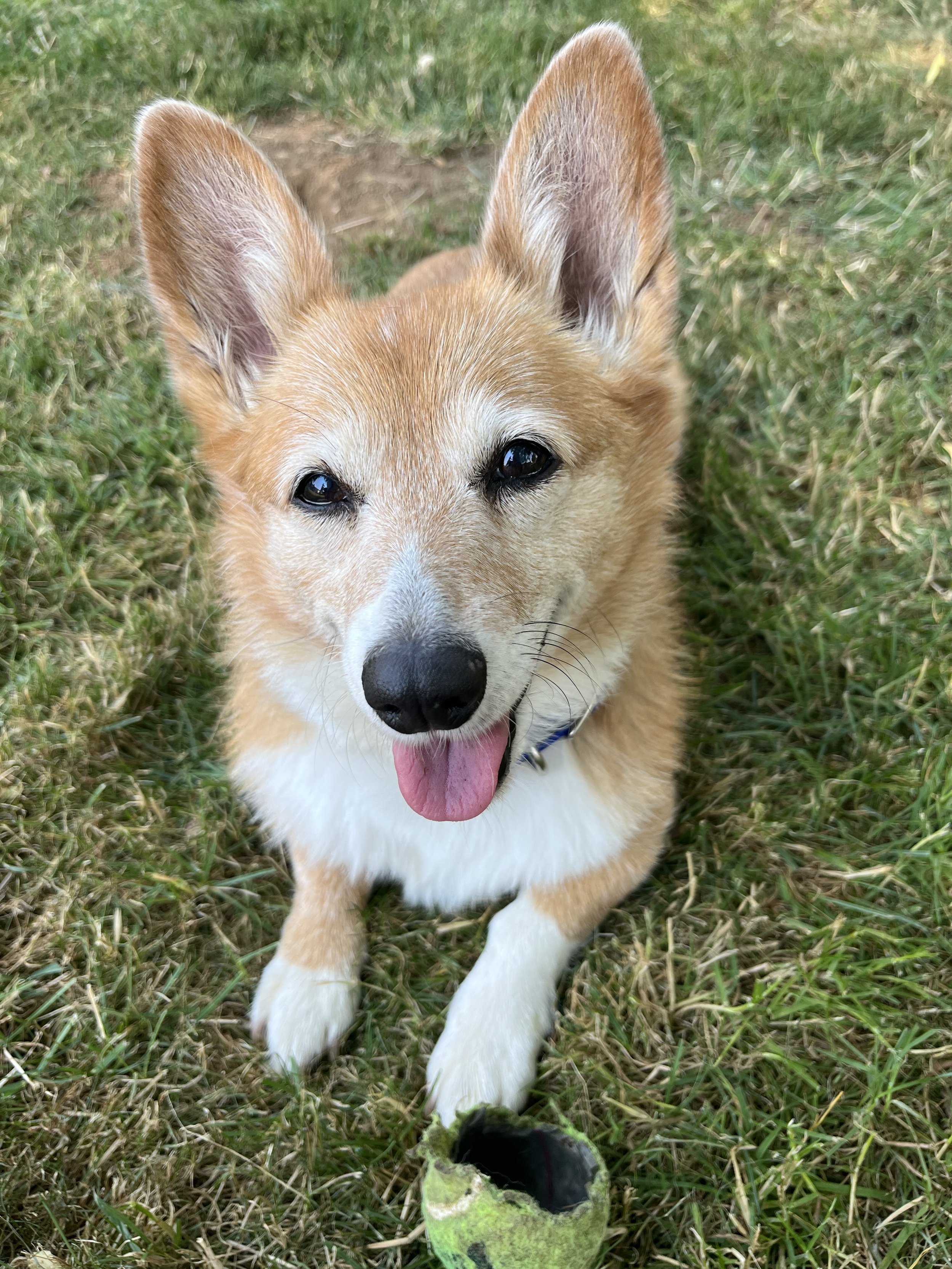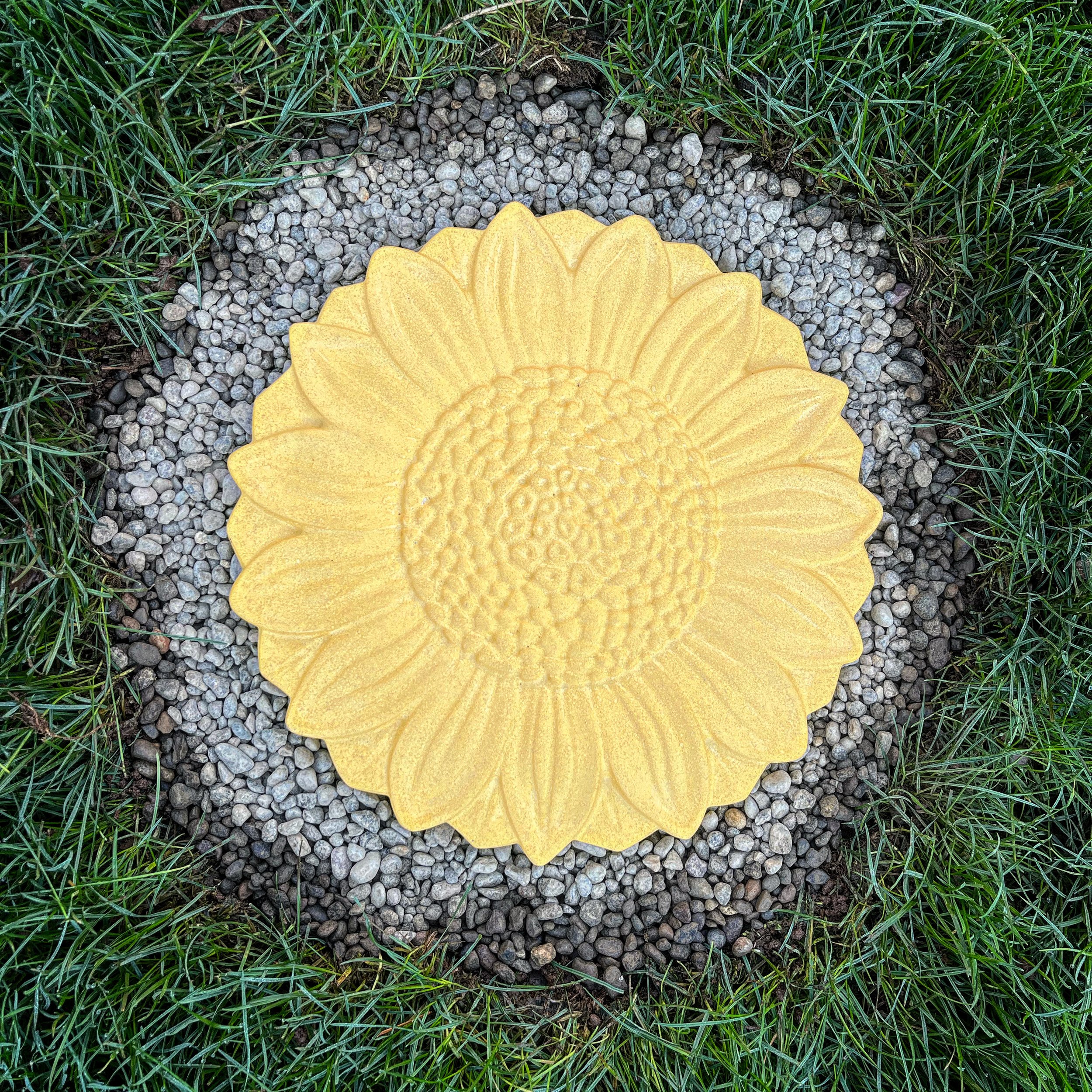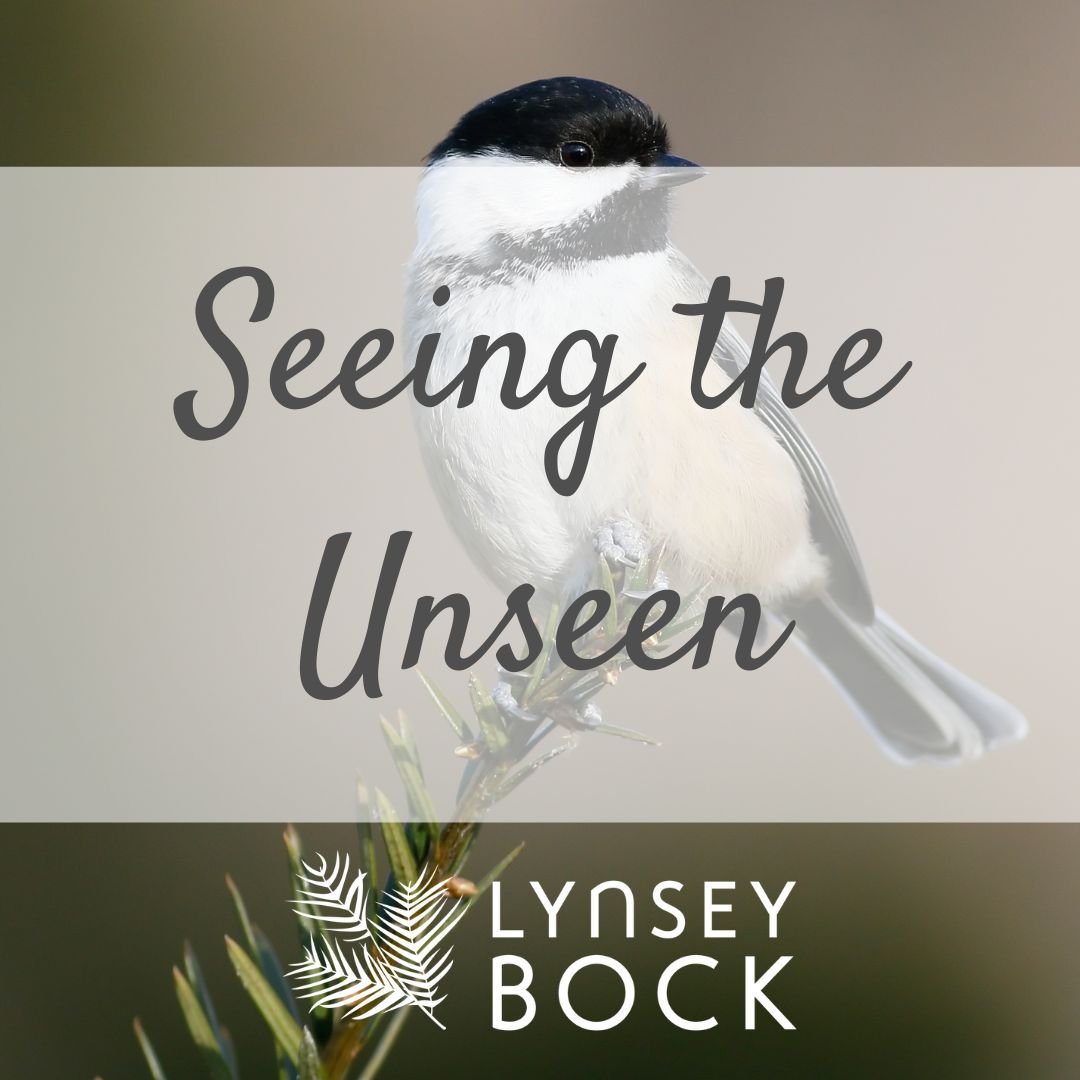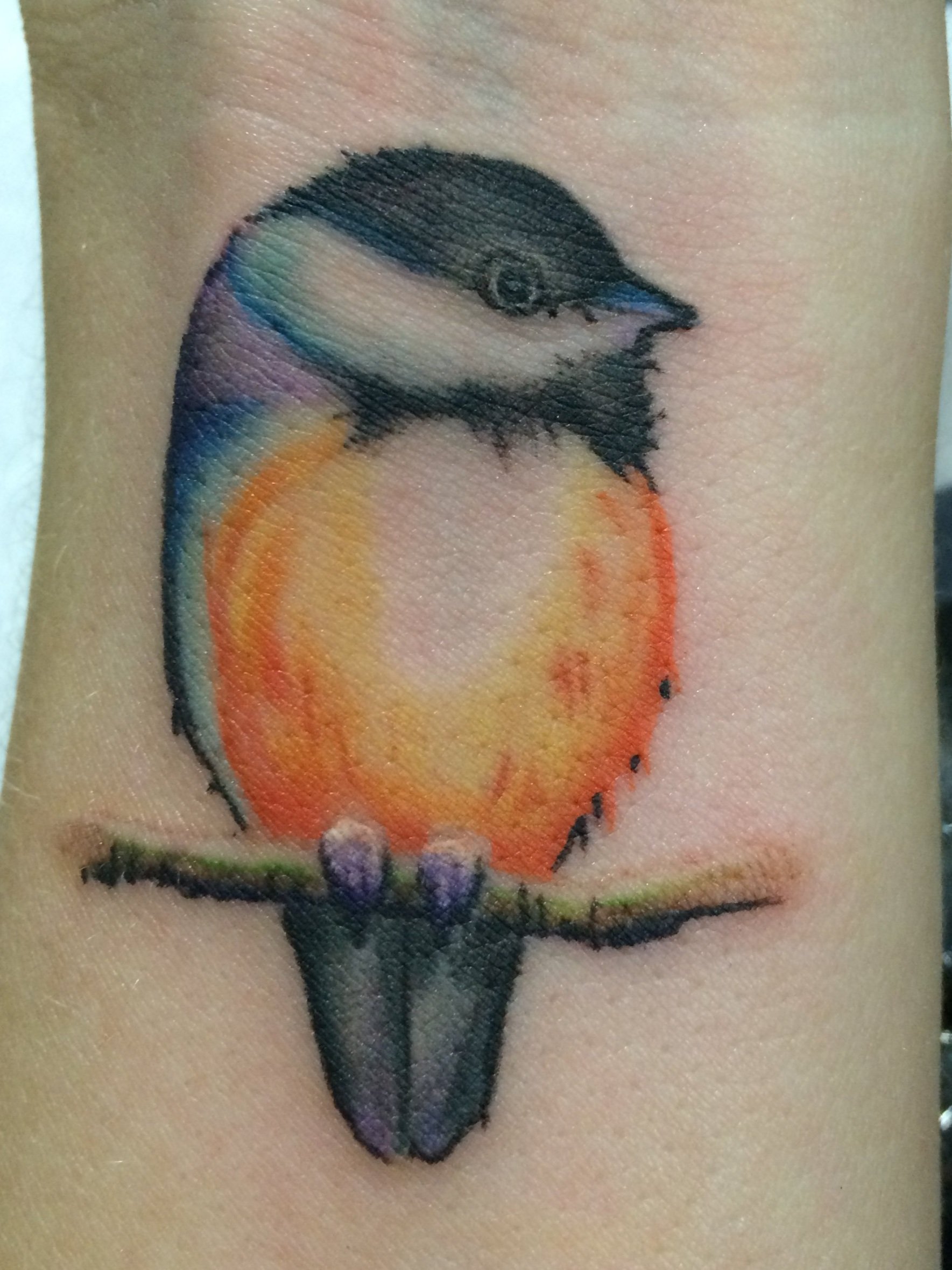This post is a part of a small series. Start here if you missed the first one. Keep your eyes peeled for part three, hopefully coming soon.
God’s kindness takes me by surprise. In some of the hardest moments of my life, he’s blessed me in small but significant ways and answered my seemingly inconsequential prayers.
God was so kind to give me my beloved dog, Penny, as a companion for twelve years. But his special kindness to me when she passed away took me by surprise and reminded me to hope in him alone.
I’ve been an animal person since I was young. I was often lonely as a child, so the unconditional love our family pets offered was always a great comfort to me. Relationships with my peers were often difficult, but my childhood dog Bennett was always glad to see me.
My special affection for animals continued as I entered adulthood. I desperately missed having a pet while I was in college. I couldn’t have a pet at school, and Bennett had passed away at the beginning of my freshman year of college. By the time I finished college, I was eager to have a dog in my life again. Just weeks after graduation, I was on my way to meet with a breeder and pick out my new Pembroke Welsh Corgi puppy.
I have fond memories of that day. There were two puppies left, a boy and a girl. I was pretty sure I wanted the boy puppy but figured I’d meet them first before deciding. My parents and I met up with the breeder in a small town between Seattle and Portland. I sat on the ground to greet the puppies. The boy puppy was wiggling all over the place, less interested in me than he was in exploring the world around him. The girl puppy seemed less sure of herself. She crawled into my lap and curled up as if to say, “I feel safe with you.” Or maybe it was, “You’re mine now.” Because I was. I was in love with her immediately. I brought the girl puppy home and named her Penny.
Penny’s companionship was a gift from God from the very beginning. Within a week of getting her, I broke up with the boyfriend I had been dating for nearly five years. I knew I was making the right choice by ending that relationship, but it was still difficult. Having Penny by my side made it easier. She was as fun as she was sweet. She loved to be outside in the yard with me, playing in the summer sunshine and relaxing in the cool shade. For most of her life you could play ball with her for an hour and she’d still be eager for more. She loved playing more than being petted, but still cuddled up next to me on the couch in the evenings.
Penny remained my faithful friend and companion for twelve years. She was with me through my infertility, the wait to adopt our son, my two experiences with depression, and the years of intense pain I endured due to endometriosis and migraine headaches. She was stayed glued to me as I recovered from my hysterectomy and when I broke my ankle a couple years ago. She always seemed to know when I was sad or in pain and was a joy and comfort to me in some of the hardest periods of my life.
Penny slowed down as the years went on. Corgis are prone to joint problems and arthritis because of their long backs. By 2021, Penny’s endurance had declined significantly and she had developed arthritis in her back legs. If I let her play fetch for more than about ten minutes, she’d be limping for days afterward. By March of 2022, Penny was twelve years old and the discomfort in her back legs was getting worse. I knew it was time to talk to our vet about pain management. She’d also developed a mysterious cough that I was concerned about.
I was anxious going into the appointment, terrified of what they were going to tell me. I worried that something was seriously wrong and they wouldn’t be able to treat her, or that the treatment they’d recommend would be unaffordable. I knew Penny’s health was declining. She had reached the normal life expectancy for a corgi and her quality of life was declining. I didn’t want her to suffer, but I still wasn’t ready to let her go.
The day I took her to that appointment, I remember praying, God, please give us just one more good summer with her. That’s all I want. Just one more summer together.
Thankfully, that appointment went better than I’d feared it would. We got medication that helped make her more comfortable. An x-ray of her lungs showed nothing of concern.
For a few months, things were better. She limped a little less. Rested a little easier. Summer came and we were able to enjoy the sunshine. We played fetch, even though she could only bring it back three to four times before she needed to rest next to me in the shade.
But soon her pain was increasing again. She was limping off and on and I knew I would have to say goodbye soon. One day in early September I took her on a walk up and down our street (about half-mile roundtrip). Halfway through, she stopped. Her legs were shaking. She couldn’t keep going, so I had to carry her the rest of the way home. I wept.
September 17 was a warm and beautiful Saturday. Zachariah and I were in the backyard with the dogs. He was playing in the backyard. I was sitting on the porch swing tossing the ball for Penny. I tossed it once, twice. She fetched it perfectly. On the third toss she came back limping. Badly. She hadn’t fallen or stumbled but it was obvious she was in a ton of pain.
“Oh no! Penny, what’s wrong?!” I cried. She couldn’t put weight on her back leg.
We tried to keep her resting and comfortable for the rest of the day, hoping it was just a bad sprain. But it was obvious this was worse than the other times she’d tweaked her leg. Now she yelped when I picked her up. I tried to hope she would recover, but a part of me knew she wouldn’t.
The next morning, we made the difficult decision to say goodbye to Penny that day. I spent most of the day sitting with her in the backyard. I told her how good she was, how glad I was that she was mine. I told her how sorry I was that I couldn’t do more for her. But mostly, I sat with her, crying and stroking her, trying to memorize the softness of her fur and the warmth of her body under my hand.
As I sat with her, I heard a huge flock of red-winged blackbirds calling to one another in the trees around our home. It was loud. Almost noisy. Their calls were beautiful, if somewhat mournful. It seemed appropriate.
Late that afternoon, the vet came to help us say goodbye to Penny. She confirmed that Penny had broken her leg. She suspected undiagnosed osteosarcoma (bone cancer) had caused Penny’s bones to become so brittle that they finally snapped. We couldn’t have done anything more for her. We were making the right choice. But that didn’t make it easier.
We said goodbye to Penny underneath the willow tree in our backyard, her favorite place to be. It was eerily quiet in the yard. The only sound was the warm breeze rustling the willow branches overhead. We said our goodbyes, thanking her for being a faithful companion for so long. She seemed reluctant to go, but finally passed peacefully, her head resting in my lap, just as she had curled up in my lap as a puppy the day we met.
The vet left and I continued to sit with Penny. I wasn’t quite ready to bury her in the spot we’d picked out in the yard and let her go forever. I had no words left, only a few slow-dripping tears. I sat and stroked her in silence. Then the silence was interrupted.
First one bird singing. Then another. And another. But they weren’t the red-winged blackbirds anymore.
There were chickadees singing in the tree overhead.
Tears started coming faster again, but now there was gratitude mixed with the grief. Thank you, Father. You are so kind.
That day, I hadn’t thought to pray to see a chickadee. It hadn’t even occurred to me. Once again, my eyes were so fixed on my hardship that I lost sight of the only sure source of hope in my life. In his kindness, God sent me a reminder of what I had learned before: I am always at work in your life, even when you can’t see it.
Once again, the chickadees helped me see God’s presence and faithfulness. They helped me hold on to hope when my grief was raw and overwhelming. I was able to say my final goodbyes. That evening we laid Penny to rest in the ground behind the swing.
The day after Penny died, I was sitting my home office, trying to figure out what I absolutely had to get done that week. The rest I was going to have to let go. As I looked over my calendar, God’s kindness surprised me again. It was the end of summer. The beginning of fall was just three days away. Tears flowed as the realization hit me: God, you gave me exactly what I asked for. You are so kind.
He had given me one more summer with Penny. Almost to the day. How extravagantly kind.
God’s astonishing kindness after Penny’s death filled me with hope, even in my sorrow. I clung to those memories in the difficult months that followed. They were a a great comfort when so much in my life felt so wrong. But those brief signs of kindness from God weren’t what kept me going. Hope isn’t found in signs, but in the truth the signs point to.
God doesn’t answer all my prayers the way I want him to. Flocks of chickadees don’t greet me every time I feel a little discouraged. I can’t count on those kinds of experiences to sustain me. I can’t place my hope in those small reminders of God’s kindness. But I can place my hope in the truth those signs were meant to point me toward. Ultimately, they were meant to remind me of the surprising kindness of God in the gospel:
“But God demonstrates his own love for us in this: While we were still sinners, Christ died for us. ”
While we were still dead in our sin, God sent his only son Jesus to die for us. Romans 5:10 says we are enemies of God who have been reconciled to him by the death of his son. What astonishing kindness! We must never stop being surprised by the kindness of God revealed to us in the gospel. That truth should give us unshakable hope, even when every other circumstance is pushing us toward despair. We cannot count on our circumstances to always be easy, but we can trust that God has set us free from sin, that he is at work in our lives, and that one day he will right all the wrongs in this world.
If you feel stuck in a season of grief, anxiety, or hopelessness, pray that God would remind you of his unfailing kindness. He may answer your prayer through the time you spend in his Word, through the thoughtfulness of a friend, or through time spent in prayer. Or he may answer your prayer in some entirely unexpected way: a sign pointing you to the truth. However he answers, I hope his surprising kindness strengthens your weary heart, filling you with unshakable hope.











